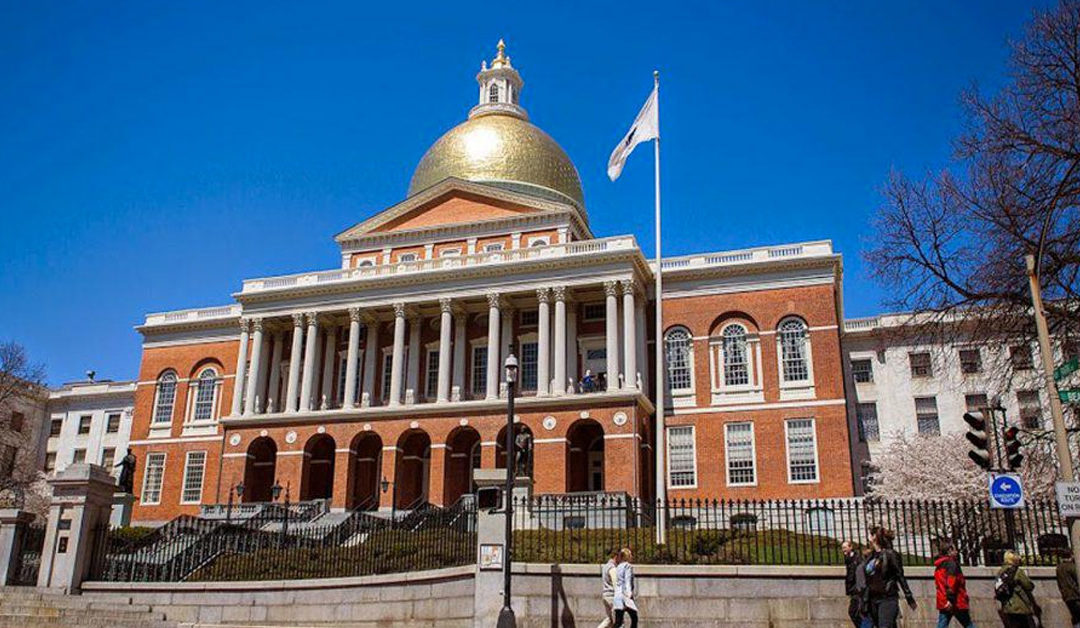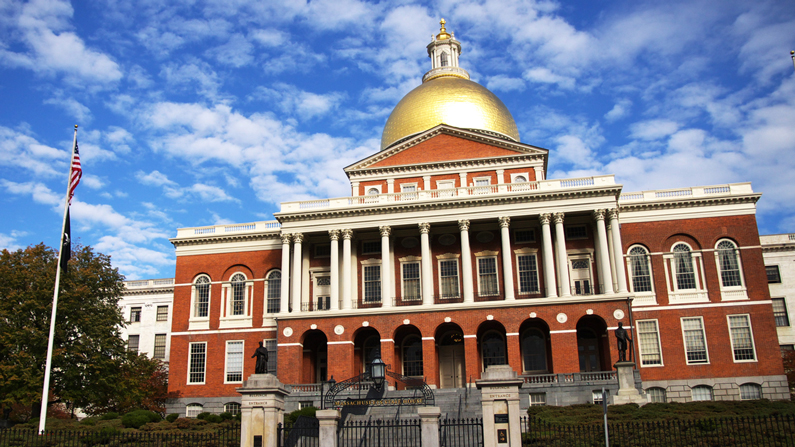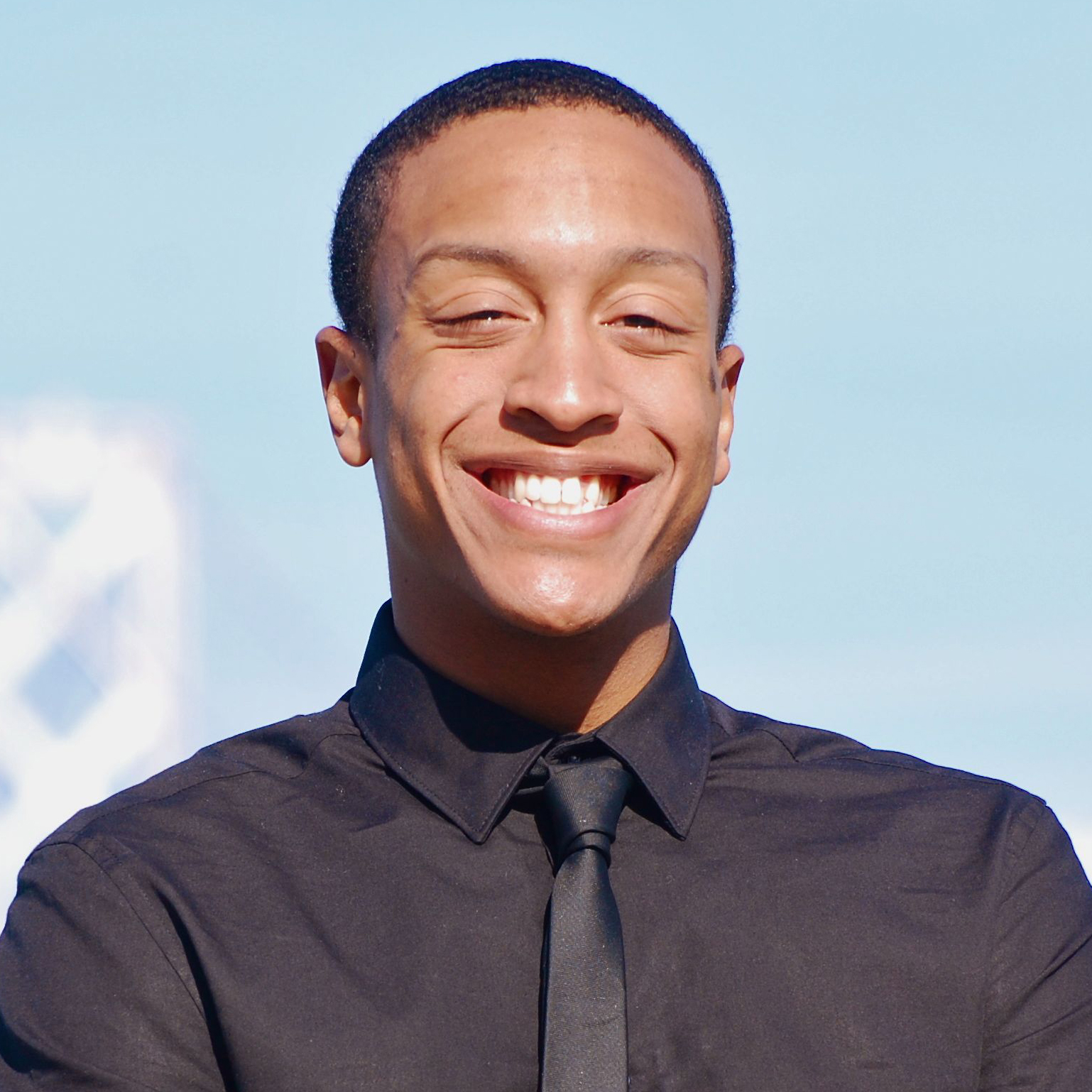
3 Ways Massachusetts Can Live Its Best Life

Today, I’m celebrating my golden birthday! I’m 26 on the 26th, and I have committed myself to living my best life. I’m officially launching this blog to bring a fresh perspective to local politics, building a company, strengthening relationships with family and friends, and I even dyed my hair blonde (I’m taking this golden birthday theme seriously).
However, as I’m working on bettering myself, a series of political events has left me wondering: Is Massachusetts living its best life? My personal opinion, and a recent study by Notre Dame and the University of Iowa showing Massachusetts is lagging in legislative innovation confirms, is no.
I believe if Massachusetts truly wanted to live its best life and re-take the mantle of innovation, our elected leaders must show courage and seek restorative solutions for the communities they serve. Here’s How:
Cannabis
Massachusetts voters overwhelmingly approved recreational cannabis in 2016, and state lawmakers included adjusted the voter-approved law to include various social justice initiatives to mitigate the impact of the war on drugs on communities of color. However, these initiatives have been hard to fully implement as they don’t fully address other intersecting issues.
In Boston, City Councilor Kim Janey is trying to address this very disparity with a new city ordinance, but more can be done to make the law more restorative for communities devastated by the war on drugs instead of ensuring the new 1% created by this industry looks more diverse.
I believe, a portion of all tax revenue generated by cannabis sales should be re-directed to the communities most impacted by the war in drugs in the form of grants for schools to modernize their buildings, grants to teachers so they can fund innovative lesson plans, re-investment in neighborhood business districts, funding for trauma support services and more robust anti-recidivism programs. This is a solution that benefits the ENTIRE community and can create lasting inter-generational change.
Here in the 12th Suffolk District, that could mean fully modernizing Chittick Elementary, beautifying and improving signage in Mattapan Square, and ensuring there are trained mental health professionals working with the police patrolling our communities.
Voting Rights
In High School, I was a Young Civic Leader at MassVOTE and that was the first time I realized that voting in Massachusetts was hard and limited to certain groups of citizens. We organized and lobbied for pre-registration, early voting, automatic registration and election day registration. In recent years, lawmakers have moved to enact pre-registration, early voting during the general election, and automatic registration is poised to be enacted in 2020.
I believe we can do more to encourage voting and ensure everyone gets a voice. We need election day registration, so any individual who isn’t registered to vote in Massachusetts and not covered under automatic registration (ex: a college student, a new worker, etc. from another state) can show up to the polls and exercise their right to vote. As a deep blue state with a Democratic supermajority at almost every level of government, early voting needs to be made available during primaries so voters have an increased say in who they want to be their leader and not face a suite of unopposed candidates in a general election. Lastly, those currently in prison should be able to vote while incarcerated. I believe if lawmakers actually had to face those who are incarcerated and seek a vote, more efforts would be made to make the system more rehabilitative and we would see more investment in services that can help reduce recidivism once someone is released.
Sexual Education
In the era of #MeToo and growing conversations about gender, it is imperative that Massachusetts do its part in creating a more affirming culture for women and the LGBT community. As a young cisgendered gay man growing up in Boston, I was not taught about consent and my sex education class was taught through a heterosexual lens. Unfortunately, this is a normal occurrence in the state as sex education is not regulated in Massachusetts leaving schools and school districts free to decide what is taught.
I believe sexual education courses provide a key opportunity for us to create a culture that protects women and increases acceptance of the LGBT community by giving students the tools they need to better understand people and relationships. We must ensure that our kids are taught to respect an individual’s sexual autonomy, that gender lays on a spectrum, that sexuality is fluid, and that safe sex looks different for different folks.
For eight years, advocates have been pushing to regulate sexual education in the state to create the very curriculum I believe we need, but it has yet to pass. If our lawmakers are serious about protecting women in the era of #MeToo, further advancing the rights of Trans folks, and making Massachusetts truly accepting, they can start by passing the Healthy Youth Act.

Donovan Birch Jr.

Donovan Birch Jr. is a progressive entrepreneur and advocate living in the 12th Suffolk District (Mattapan, Dorchester, and Milton) of Massachusetts. He started the “Live from the 12th Suffolk District” monthly blog and email newsletter to share a different political perspective from the community he loves. He hopes to empower more young, queer, Black, and Latino folks from the district to lend their voices to politics and help redefine what is possible for all of us in the Commonwealth.